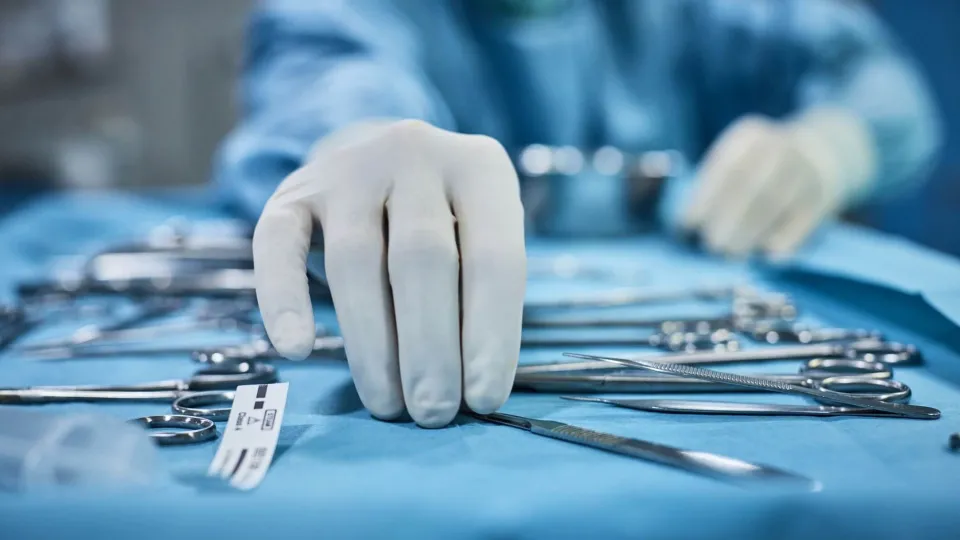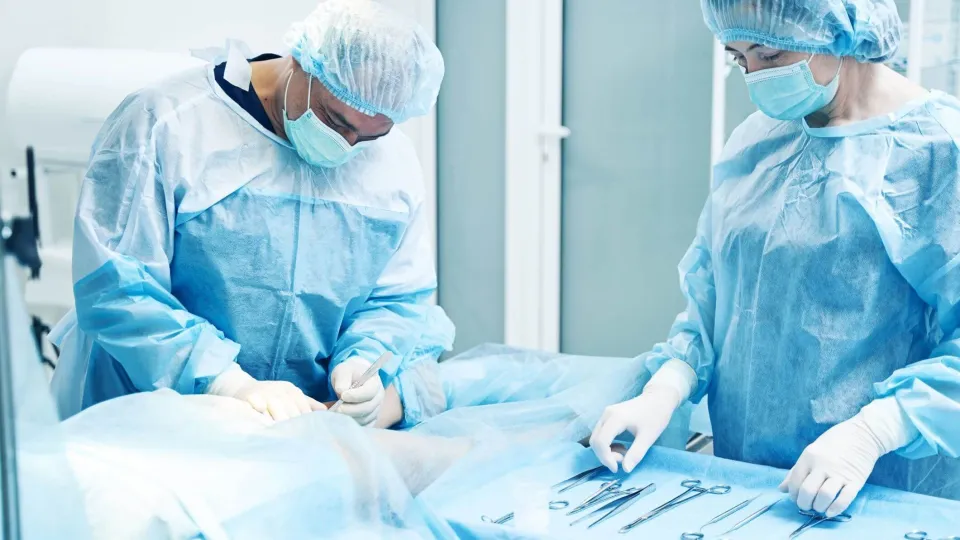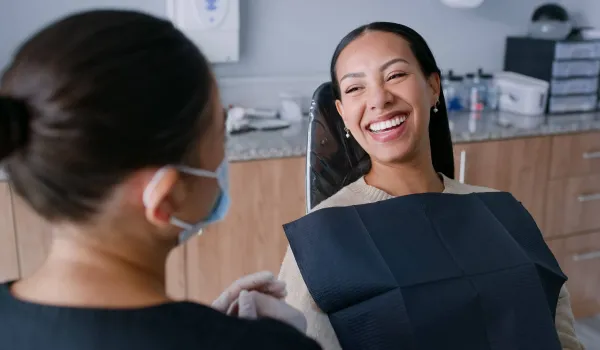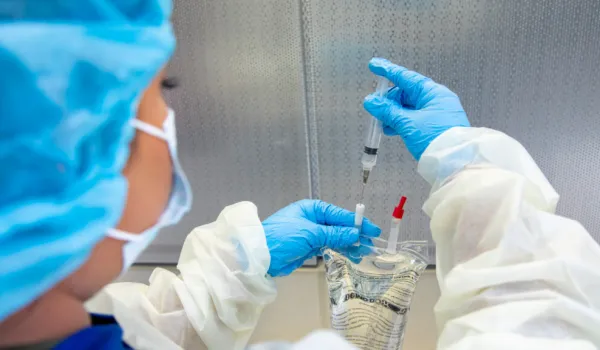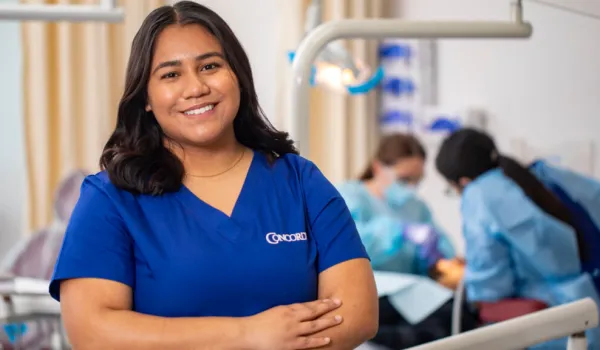
Tomorrow is National Lefthanders Day. You know what that means. The front is back. Up is down. Yes is no. Everything is flipped all topsy-turvy.
For this one day, at least - left is right.
That is, except in the operating room. Or, the dentist's chair. As any left-handed Surgical Technologist (ST) or Dental Assistant (DA) - such as the ones who trained or are training at Concorde - can tell you, especially when it comes to passing instruments to surgeons or dentists, the room is not exactly set up for you.
The need to be ambidextrous
"Unfortunately, most everything in surgery is designed or manufactured for a right-handed person," said Gerald Hale, AAS, CST, Director of Concorde Surgical Technology Programs in Portland, OR. "This means that a left-handed Surgical Technologist needs to learn to use his or her right hand, probably more than a right-handed ST needs to learn how to use his or her left hand."
"Having said that, the more an ST can develop being ambidextrous in the operating room, the better they will be in terms of efficiency."
Depending on where the operative site is and where the surgeon is going to be standing, the ST will set up his/her back table and Mayo stand accordingly, Hale said. Based on these factors, an ST might need to pass instruments with his/her non-dominant hand. The same can be said for the left-handed Dental Assistant passing instruments to the dentist during oral procedures.
"Scissors and ringed instruments are all right-handed," Hale said, "so a left-handed ST must learn how to operate them right-handed or figure out how to use them with their left hand. It's like how, in elementary school, some left-handed people learn how to use right-handed scissors with their left hand."
A Surgical Technologist and Dental Assistant can make adjustments for doctors/dentists
There are some minor adjustments the Surgical Technologist and Dental Assistant can make, especially if the surgeon or dentist they're working with is left-handed.
"We have to adjust the suture needle differently for a left-handed surgeon," said Marsha Buchanan, Director of Concorde Surgical Technology Programs in San Bernardino, CA. "It's very easy to do. Load as you would for a right-handed surgeon, then turn the needle upside down and place in the left hand of the surgeon."
Again, the same goes for a Dental Assistant passing a suture needle to a dental surgeon.
Buchanan agrees with her colleague, Hale, that being as ambidextrous as possible can only be a positive when it comes to being an effective Surgical Technologist online or a Dental Assistant on-campus.
"There is much to accommodate for right- or left-handed surgeons," she said. "Surgical Technologists are taught to do many things with the non-dominant hand to where it becomes second nature to us."
Take The Next Step Towards a Brighter Future
Interested in learning more about our Surgical Technology program?
We have a Concorde representative ready to talk about what matters most to you. Get answers about start dates, curriculum, financial aid, scholarships and more!


